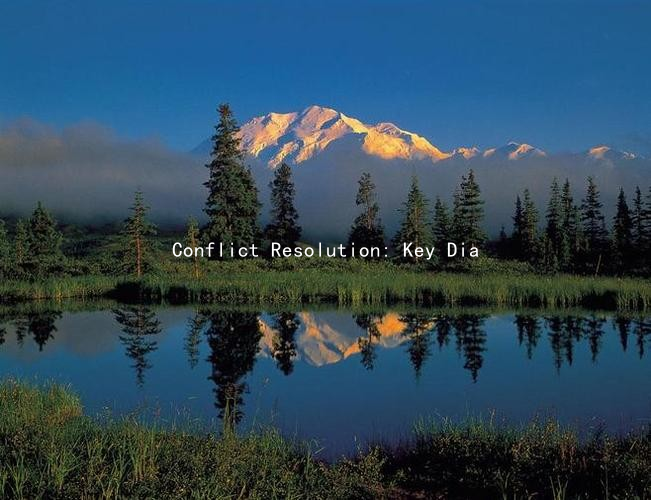Conflict Resolution: Key Dialogues from the Relationship Expert Contact Number
In the journey of any romantic relationship, conflict is an inevitable part of the process. Whether it’s due to differing opinions, misunderstandings, or external pressures, knowing how to resolve conflicts effectively can strengthen the bond between partners. Drawing insights from relationship experts, here are key dialogues to navigate through conflicts with grace and understanding.
Understanding the Core Issue
The first step in conflict resolution is to identify the core issue at hand. One effective dialogue to initiate this process is:
Partner A: I feel like we’re not seeing eye to eye on this problem. Can we take a moment to discuss what really bothers us about it?
This approach encourages open communication while prompting both partners to articulate their feelings and concerns. It creates a safe space for dialogue, fostering mutual understanding.
Active Listening
Listening is crucial in resolving conflicts. Its important to demonstrate that you’re genuinely interested in your partner’s perspective. An effective response could be:
Partner B: I hear you. It sounds like this is really important to you. Can you help me understand why you feel this way?
By actively listening, you validate your partner’s feelings and allow them to articulate their concerns fully. This builds trust and opens the door for more productive conversations.
Expressing Feelings
Once both partners have had the chance to share their perspectives, it’s helpful to express individual feelings. A good way to frame this is:
Partner A: When you said that, it made me feel unimportant and unheard. I need to feel like my opinions matter too.
Using I statements reduces defensiveness and helps your partner understand the emotional impact of their actions without feeling attacked.
Finding Common Ground
In any disagreement, seek to identify common ground. This can be articulated with:

Partner B: I realize we both want what’s best for our relationship, even if we disagree on how to achieve it. How can we find a solution together?
This dialogue encourages collaboration and shows that both partners are committed to resolving the issue rather than winning an argument.
Compromise and Solutions
Conflict resolution often requires compromise. To suggest this, you might say:
Partner A: What if we try a combination of both our ideas? It may not be perfect, but it could be a step forward for both of us.
This approach not only acknowledges both perspectives but also emphasizes teamwork in finding a solution that works for both partners.
Acknowledging Efforts
Once a resolution is found, it’s vital to acknowledge each other’s efforts. This can be expressed as:
Partner B: I appreciate how we managed to discuss this together. It means a lot to me that we can tackle our challenges as a team.
Such acknowledgment reinforces the positive aspects of your relationship and encourages openness in future conflicts.
Following Up
Lastly, following up after resolving a conflict is essential. You might say:
Partner A: Let’s check in with each other next week to see how we’re both feeling about this. I want to make sure we stay aligned.
This shows commitment to maintaining healthy communication and reassures both partners of their investment in the relationship.
Conflict in relationships can be challenging, but with the right dialogues and an open mindset, it can lead to deeper understanding and connection between partners. The key lies in committing to a constructive approach, fostering an environment where both individuals feel heard, valued, and respected. By utilizing these expert-inspired dialogues, couples can navigate conflicts with confidence and compassion, ultimately strengthening their relationship.





